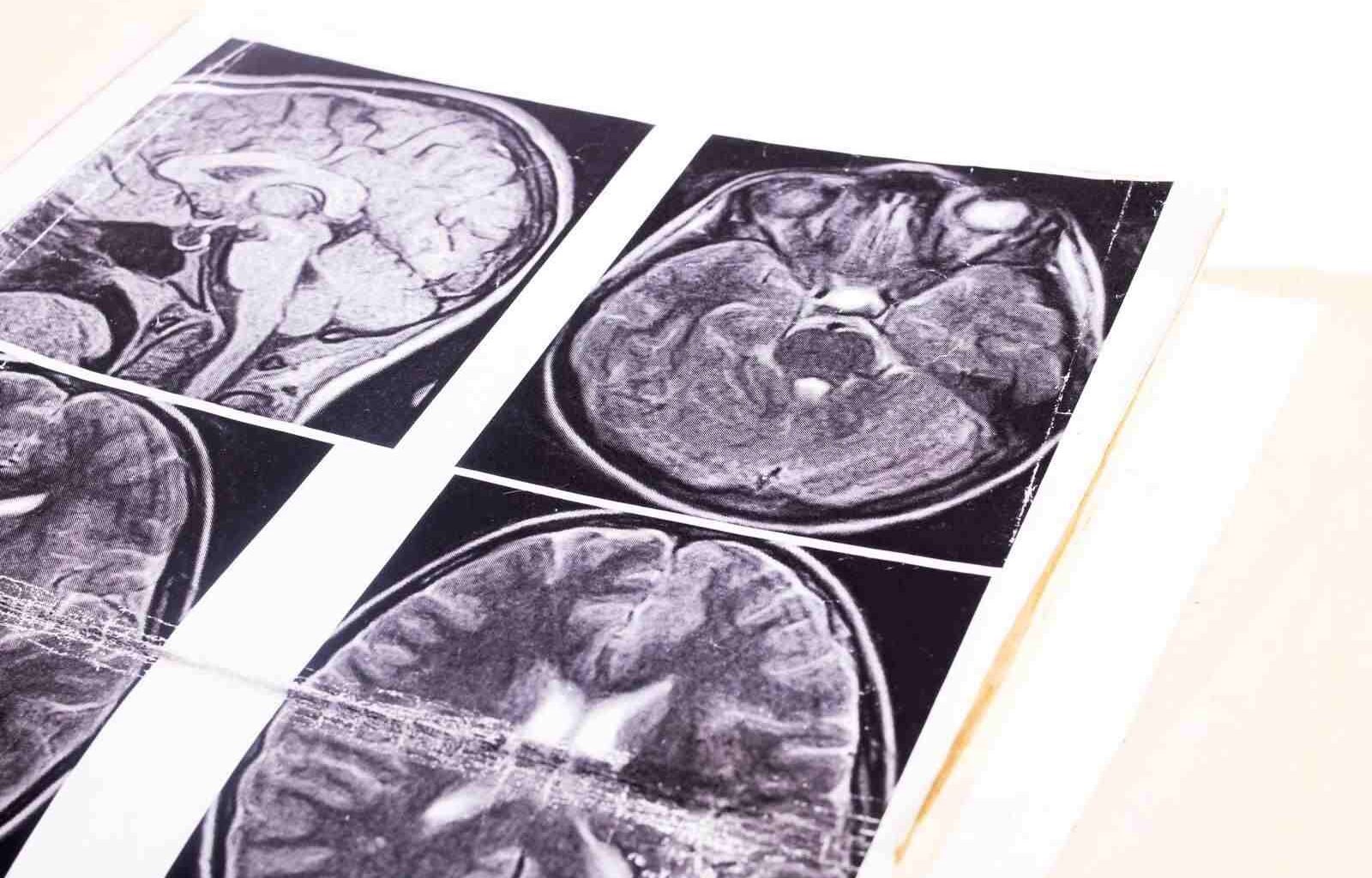As the popularity of nootropics continues to rise, one ingredient that is frequently touted for its cognitive-enhancing benefits is L-theanine. This amino acid is commonly found in tea leaves, particularly green tea, and has been the subject of numerous studies exploring its effects on the brain. In this article, we’ll take a closer look at the potential benefits and risks of taking L-theanine, including whether it can increase dopamine levels.
What is L-Theanine?
L-theanine is an amino acid that is found primarily in tea leaves, but can also be found in mushrooms and certain species of seaweed. It is structurally similar to glutamate, an excitatory neurotransmitter, and GABA, an inhibitory neurotransmitter. This has led to speculation that L-theanine may interact with these neurotransmitters in the brain.
Benefits of L-Theanine for Brain Health
- Reducing Stress and Anxiety One of the most well-known benefits of L-theanine is its ability to promote relaxation and reduce feelings of stress and anxiety. This is due in part to its ability to increase alpha brain waves, which are associated with a state of wakeful relaxation. Studies have found that taking L-theanine can help reduce both physiological markers of stress, such as heart rate and blood pressure, as well as subjective feelings of anxiety.
- Improving Cognitive Function In addition to its anxiolytic effects, L-theanine has also been found to improve cognitive function. One study found that taking L-theanine led to improvements in attention and reaction time in participants performing a cognitive task. Another study found that L-theanine could improve memory recall and recognition in individuals with mild cognitive impairment.
- Enhancing Sleep Quality L-theanine may also have benefits for sleep quality. A study published in the Journal of Clinical Sleep Medicine found that taking L-theanine improved sleep quality and reduced sleep latency in boys with attention deficit hyperactivity disorder (ADHD). Another study found that taking L-theanine before bed improved sleep quality in university students.
- Protecting Against Neurodegenerative Diseases There is some evidence to suggest that L-theanine may have neuroprotective effects, meaning it could help protect against the development of neurodegenerative diseases such as Alzheimer’s and Parkinson’s. One study found that L-theanine could help protect against glutamate-induced excitotoxicity, a process that is implicated in the development of neurodegenerative diseases.
Risks of L-Theanine
While L-theanine is generally considered safe and well-tolerated, there are a few potential risks and side effects to be aware of.
- Interactions with Medications L-theanine may interact with certain medications, particularly those that affect neurotransmitters in the brain. If you are taking medication for a mental health condition or any other condition, it’s important to speak with your doctor before taking L-theanine.
- Lowering Blood Pressure L-theanine has been found to lower blood pressure in some individuals, which could be a concern for those with already low blood pressure. If you have low blood pressure, speak with your doctor before taking L-theanine.
- Headache and Dizziness In rare cases, L-theanine may cause headaches or dizziness. If you experience these symptoms after taking L-theanine, stop taking it and speak with your doctor.
Taking L-Theanine Everyday: Is It Safe?
While L-theanine is generally considered safe for regular use, it’s important to remember that everyone’s body chemistry is different. Some people may experience side effects from L-theanine, while others may not notice any effects at all.
Is L-theanine good for your brain?
Yes, L-theanine is good for your brain. It is an amino acid found in green and black tea, and it has a range of cognitive-enhancing and calming effects. Research has shown that L-theanine can increase alpha brain waves, which are linked to relaxation. It has also been found to improve memory and cognitive performance, reduce mental and physical stress, and improve sleep quality. It may even be helpful in reducing the symptoms of certain mental illnesses and treating premature aging of the brain. In addition, L-theanine may help increase levels of the neurotransmitter dopamine, which helps regulate mood and motivation. All of these benefits make L-theanine an excellent choice for those looking to improve their mental health and overall well-being.
Does L-theanine increase dopamine?
Yes, L-theanine has the potential to increase dopamine levels. This amino acid is found naturally in tea and is known to have a calming effect on the body. It is thought to increase dopamine by blocking the reuptake of dopamine into the brain, which would then lead to an increase in dopamine in the body.Studies have found that L-theanine can increase dopamine levels in certain areas of the brain, such as the prefrontal cortex and the nucleus accumbens. This is thought to be due to its ability to increase the release of serotonin and dopamine in these areas.The effects of L-theanine on dopamine levels in humans are still being studied, but it is becoming increasingly clear that this amino acid can have a positive effect. It is important to note that L-theanine is not intended to treat or cure any medical condition, and it should be used with caution in those with certain medical conditions. If you are considering taking L-theanine, it is best to consult with your doctor first.
What happens if you take L-theanine everyday?
Taking L-theanine on a daily basis can have a variety of positive effects on one’s health and overall wellbeing. L-theanine is an amino acid found naturally in green tea and is known to have calming and relaxing properties. Studies have shown that L-theanine may help reduce stress, improve sleep quality, reduce symptoms of anxiety and depression, and even boost cognitive performance.Regular use of L-theanine can increase levels of serotonin, dopamine, and GABA in your brain, which can help with relaxation and stress relief.
It can also help improve concentration and mental clarity, as well as reduce symptoms of anxiety and depression. L-theanine has been shown to improve sleep quality and help people fall asleep faster.In addition to its calming and relaxation effects, L-theanine may also help boost your immune system. It has been found to increase the production of cytokines, which are chemical messengers that help your body fight off infection and disease.
It may also help reduce inflammation in the body, which can contribute to a variety of health benefits.Overall, taking L-theanine on a daily basis can have a variety of positive effects on your physical and psychological health. It can help reduce stress and anxiety, improve sleep quality, and even boost your immunity. However, it is important to consult with a doctor before taking L-theanine to ensure that it is safe for your individual needs.
Are there any downsides to L-theanine?
Yes, there can be potential downsides to taking L-theanine. Although generally considered safe, there are some possible side effects that one should be aware of. The most common side effect is drowsiness, which can result from taking too much of the supplement. Additionally, some people may experience headaches, nausea, or anxiety when taking L-theanine. It is also important to note that L-theanine may interact with certain medications, such as antidepressants, so it is important to consult with a doctor before taking it. Finally, L-theanine is not a substitute for good sleep habits and proper nutrition. While it may have a calming effect and help reduce stress levels, it should not be viewed as a catch-all solution for all of one’s problems. It is important to create an overall lifestyle that promotes good mental health and well-being.








